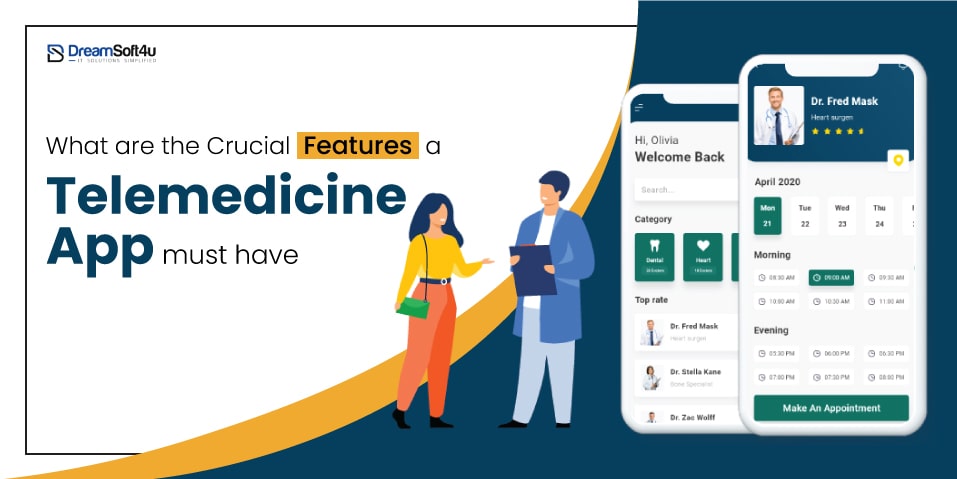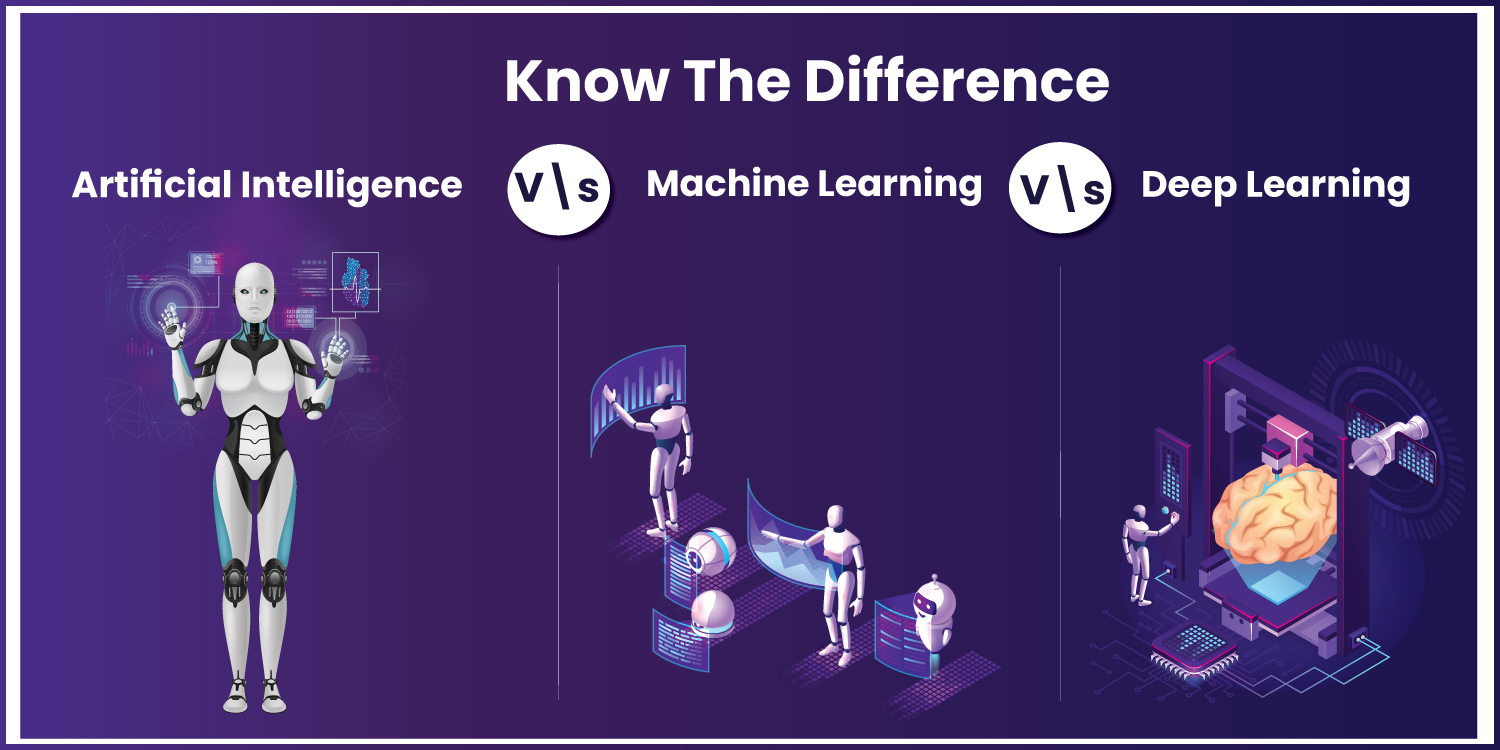Did you know a report by Straits Research predicted that the mobile app development market is expected to reach $583.03 billion by 2030? The rapidly growing numbers display the popularity of mobile app development tools. Another report states that almost 54% of developers worldwide are dependent on these tools to complete app development projects.
This application provides a helping hand to developers as they create highly compelling applications at minimum cost and time. Before investing in these tools, you must possess deep knowledge because these are available in large numbers.
This article is a complete guide on top mobile app development tools that you must explore in 2025. So, without any delay, here we go!
Table of Contents
ToggleWhat is a Mobile App Development Tool?

A mobile app development tool is a program or software used for designing, creating and developing highly compelling Android and iOS applications available readily on the Play Store and Apple Store. These tools streamline the entire application development process as they offer different functionalities like coding, debugging, user interface design, integration with backend services, and deployment to app stores.
Building a top-notch mobile app is not a simple deal, as it requires a lot of brainstorming and access to the best development tool. Using these tools, the application development process becomes easier than ever before. It offers different IDEs, code-free developments, templates, API, data synchronization, and analytics. There are different kinds of mobile application development tools available in the market. These cater to various frameworks, programming languages and development techniques.
Most of these tools allow developers to write simple and clean codes. In all, mobile app development tools play a significant role in accelerating the app development process, allowing developers to build high-quality apps hassle-free.
Top 12 Mobile App Development Tools You Must Check Out (Table)
| Sr. No. | Mobile App Development Tools | Best Used For | Price |
| 1. | Android Studio | Used for developing Android applications. | FREE |
| 2. | Kobiton | Conducts mobile app testing. | $75/month |
| 3. | Testim | Help developers to write and maintain automated tests. | 14 days free trial Starter plan: $99 per month or $1,188 per year Growth plan: $249 per month or $2,988 per year |
| 4. | BugSnag | Monitor harmful errors in your application. | Lite plan: $0/monthStandard plan: $65/month |
| 5. | Headspin | Conduct performance tests and improve user experience. | 30-day free trial 1-4 user licenses: $50 per license 5+ user licenses: $40 per license (20% discount) 10+ user licenses: $30 per license (40% discount)Site license: $400 |
| 6. | React Native | Best for building applications for Android and iOS devices. | FREE |
| 7. | Charles Proxy | Inspect exchanged data between the internet and apps. | 30 day free trial 1-4 user licenses: $50 per license 5+ user licenses: $40 per license (20% discount) 10+ user licenses: $30 per license (40% discount)Site license: $400 |
| 8. | Jamf | Manage and safeguard Apple apps in the Cloud. | 7-day free trial Standard plan: $699/month |
| 9. | Flutter | Builds high-quality native apps. | FREE |
| 10. | Appypie | Build Android apps without coding understanding. | 7 day free trial Standard plan: $699/month |
| 11. | Ionic | Developing feature-rich applications with great UI and UX. | 30-day free trial Standard plan: $499/month |
| 12. | Xamarin | Builds cross-platform apps using .NET codebase. | FREE |
1. Android Studio
Android Studio is regarded as the official integrated development environment or IDE for Android application development. This app development tool offers different features like a code editor, layout editor, and built-in emulator, which promotes efficient app building for Android devices. It comes with an integrated Gradle build system, which promotes the developer’s experience. Netflix is developed using Android Studio.
Features:
- Code and iterate extremely fast
- High-speed and feature-rich emulator
- Different testing tools and frameworks are available
- Configure the building without any limits
| Pros | Cons |
| Excellent community support | Requires updated processor |
| Continuous updates | Sometimes system may lag |
| Easy to learn |
Pricing: free to use!
2. Kobiton
Kobiton is one of the most powerful application development tools, which makes regular testing and Mobile/IoT DevOps a big-time reality. Most ideal for someone looking for Rich Test Logs, Customizable Test Cloud and Agile Test Enabler. It minimizes any bugs, making it a perfect choice for developing mobile applications. This platform integrates with platforms like Figma, Bitrise, Buildkite, Jenkins, Jira, and TestRail.
Features:
- Conduct comprehensive tests on actual devices
- Offers round-the-clock customer services
- Supported platforms are iOS, Android and Windows
| Pros | Cons |
| Real device testing for better results | Costly than most tools |
| Remote manual testing | Slower than others |
| Test automation for saving efforts and time |
Pricing: $75/month
3. Testim
Testim mobile app development tool offers a comprehensive mobile testing solution which promotes high-quality and faster application releases required by the mobile app development teams. Through AI-powered code locators, this tool promises reduced maintenance and unmatched stability. Most ideal for testing native Android, web, cloud-native, iOS applications, and custom-built apps from a single platform.
Features:
- Seamlessly integrate with all popular tools
- Manages your GitHub development branches
- Conduct detailed API testing
- Handles different testing challenges efficiently
| Pros | Cons |
| Accurate test creation | Expensive |
| AI-powered maintenance | Continuous lagging issue |
| Real-time collaboration |
Pricing: Customizable pricing after 14 days of free trial!
Starter plan: $99 per month or $1,188 per year
Growth plan: $249 per month or $2,988 per year
4. BugSnag
With OTel-compliant actual user monitoring, BugSnag is a developer-first observability solution which automatically provides critical insights into app performance and user experience for cloud-native applications. Analyze insights from different releases about the context required for quick comprehension, setting priorities, and making corrections. With more than 50 pre-built connections available, your team can use BugSnag right away with the tools they already use daily.
Features:
- Exceptional error monitoring abilities
- App stability tools for smooth functioning
- Real user monitoring for offering insights into app performance
| Pros | Cons |
| Exceptional visibility across all devices | Underdeveloped survey support |
| Excellent UI for an easy onboarding process | Golang cannot be used |
| Consolidation feature for early monitoring |
Pricing:
Lite plan: $0/month
Standard plan: $65/month
5. Headspin
For businesses looking to enhance mobile performance, Headspin is one of the best mobile app development companies that offers actionable user experience insights. Headspin provides detailed visibility into user experience and performance problems, preparing you for upcoming challenges. Through API access, this tool conducts in-depth testing.
Features:
- Before and after launch visibility
- On-premise and cloud setup available
- Load testing available
- Complete uptime on devices
| Pros | Cons |
| Global testing space | Less features |
| Diverse device coverage | Updation is expensive |
| Real-time performance statistics |
Pricing: 30 days free
6. React Native
Building native apps is made possible by React Native without sacrificing the user experience. Programming languages supported by this framework for creating mobile apps include Java, Swift, and C++. React Native also consumes as much as 80% of a single code base. Additionally, it helps mobile app developers to produce apps quickly and provide the optimal user experience across different devices. Famous applications built on React Native are Pinterest, Instagram and Facebook.
Features:
- It can be used for the development of Android and iOS apps
- Excellent third-party integration
- Hot reloading leads to a high-speed development process
| Pros | Cons |
| Code reusability | Complex debugging |
| Excellent performance | Updating all issues |
| Community support |
Pricing: Free to use
7. Charles Proxy
Released in 2002, Charles Proxy is another free mobile app development tool with operating systems like Windows, Mac OS X 10.7 – 10.15, and Linux. It is a highly efficient dubbing application which ensures that the app is functioning properly. Using Charles Proxy, it is easier to install the root certificate on an Android emulator and iOS simulator.
Features:
- Most ideal for all mediums
- Simple root certificate installation
- The breaking Point tool is ideally used for debugging
- Easy to add, replace and search different texts
| Pros | Cons |
| User-friendly interface | Resource intensive |
| Widely adopted | Difficult to install |
| Extensive documentation |
Pricing: 30-day free trial
1-4 user licenses: $50 per license
5+ user licenses: $40 per license (20% discount)
10+ user licenses: $30 per license (40% discount)
8. Jamf
Through Jamf, a popular mobile app development tool, you can connect to, manage, and safeguard corporate resources, Apple products, and apps online. It provides a business and educational solution. With Jamf, setting up Wi-Fi, email, and calendars is simple, which enhances productivity. It offers a variety of functions important in the contemporary digital world and integrates effortlessly with Tableau, TeamViewer, and other programs.
Features:
- Through your custom profiles, Jamf allows VPN configuration
- It supports technologies like HTTP, JAVA, Python and Ruby
- Promotes asset tag, inventory management, single app mode and more
- Supported platform is Android
| Pros | Cons |
| Detailed device management | Confusing user interface |
| Better security features | Does not handles Android devices |
| Interface design |
Pricing: 14-day free trial
Standard plans: $4/month
9. Flutter
Flutter is an open-source software development kit based on the Dart programming language. Known for its extensive features, development speed and great affordability, the Flutter tool is ideal for large and small-scale operations. Same as React Native, Flutter builds applications for both Android and iOS. With the help of the mobile SDK offered by Flutter, responsive design is possible without requiring a JavaScript bridge.
Features:
- Cross-platform development
- Widgets and layered architecture
- Backend support from Google Firebase
- Promotes best cross-platform app development accessibility
| Pros | Cons |
| Fast development time | Large application size |
| Reusable UI components | |
| Strong community |
Pricing: Free
10. Appypie
With Appypie, you can create your mobile application without knowing any code. You can easily incorporate social media into it. Appypie connects with MS Excel and Warehouse with ease. It offers features like eye-catching colour palettes and push alerts, along with supporting HTML, CSS, and JavaScript. Its lightweight design guarantees the best possible performance for your software.
Features:
- Allows to creation of multilingual applications
- Ability to send push notifications to all customers
- Add GPS location tracking
- Offers 24/7 support via phone and chat
| Pros | Cons |
| Easy application creation | Limited customization option |
| No coding needed |
Pricing: 7-day free trial
Standard plan: $699/month
11. Ionic
Widely used to develop end-to-end hybrid mobile applications, Ionic is a popular HTML5 mobile app development framework which builds apps using CSS, HTML5, and SASS technologies. Through the Ionic tool, it is easier to build web and progressive native mobile applications. It also features different JavaScript and CSS components and integrates seamlessly with platforms such as Microsoft Active Directory.
Features:
- Iconic is an open-source and 100% free project
- Supports technologies like JavaScript and CSS.
- Supported platforms are Android and iOS.
- Offers round-the-clock customer support through a contact form
| Pros | Cons |
| Cross platform compatibility | Limited control |
| Strong community support | Compatibility issues |
| Extensive library |
Pricing: 30-day free trial
Standard plan: $499/month
12. Xamarin
Launched by Microsoft, Xamarin is a popular mobile app development tool known for building high-quality Android and iOS applications with .NET and C#. It offers different programming languages and libraries, which makes the mobile app development process easier. Some famous applications built on Xamarin are The World Bank, Alaska Airlines and the American Cancer Society.
Features:
- Deep linking and application indexing
- Builds excellent shared libraries
- Supports technologies like C# and .NET
- Supported platforms are Linux, macOS and Windows
| Pros | Cons |
| Native performance | Steep learning curve |
| Cross-platform compatibility | Security issues |
| Different API integrations |
Pricing: Free
Things to Consider to Pick the Right Mobile App Development Tool
1. Understand your needs
Before choosing an app development tool, it is important to clearly state your requirements. Choose if you want to build cross-platform mobile apps, a native application or a mobile business app. Based on your requirements, make a choice.
2. Explore different features
Since every mobile app development tool has different features, you must have a proper understanding of each tool to differentiate. Additionally, understand your business requirements based on which you can choose an app with particular features.
3. Find online reviews
Another important thing to consider while picking a development tool is checking online reviews before making a final choice. Go through the app’s official website and Google reviews to know about its performance and ratings. This will set your expectations rightly.
4. Choose free v/s paid
Money is a major factor which can influence your decision. Check your budget before exploring different mobile app development tools. Based on your budget, analyze all apps. Note you may find some free tools as well that are of no cost.
5. Try with a demo
What is better than taking a demo of a mobile app development tool? Once you have a demo, it becomes easier to measure the tool’s performance. It will also help you understand all the features and functions.
Want to Build A Fully-featured Mobile App For Your Business?
Connect with our team of experts to build a cost-effective mobile app
How Dreamsoft4u Can Help In Mobile App Development?
Dreamsoft4u is a globally renowned mobile app development company with nearly two decades of experience. Here, we have a team of over 100 expert developers and designers who understand your needs and work towards them. Our expert team offers cutting-edge app development and top-notch services. If you are looking to build your mobile application, get in touch with experts at Dreamsoft4u!
Wrapping Up!
The popularity of mobile applications is unmatched! Therefore, there are several feature-rich mobile app development tools which simplify the app development process. These are some most commonly used mobile app development tools used by professionals for building apps in no time. Despite there are different tools, it is recommended to rely on experts as they offer customizable solutions to meet your unique needs. Professionals building your applications carefully understand your requirements and suggest tailored solutions.
FAQs
1. Mention the top mobile app development tools that developers should use
As a developer, you must use app development tools like Android Studio, Headspin, Testim and Kobiton. Besides these, there are several other tools that you can use to develop an exceptional application. You must Hire mobile app developers for the best services.
2. What are some must-have features of mobile app development tools?
A mobile app development tool must include features such as:
- Push notifications so that customers are informed about sales.
- Social media integration with platforms like Facebook, YouTube
- Intuitive navigation so that the navigation feels natural
- Offline functionality and analytics
3. Are there any tools which are efficient with both Android and iOS devices?
Yes, there are several app development tools like Flutter, React Native, and Appium which can be used for building both Android and iOS apps.
4. What are the top things to look for when choosing a mobile app development company?
Some major things to consider are experience in developing apps, company portfolio, communication, tech stack used, and other factors.
5. Why should I rely on app development tools for building applications?
Most mobile app development tools are rich in features and promote a visual development environment, making the entire application development process easier.



















